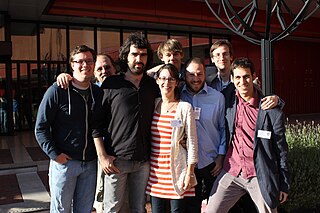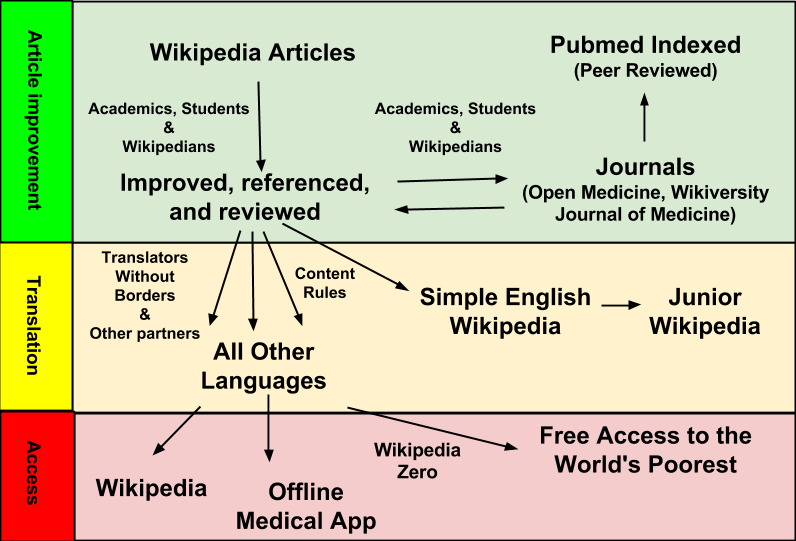This post was written by Keith Smith from Compass Partnership
As indicated in a previous Wikimedia UK blog post we as Compass Partnership have been invited by the Wikimedia Foundation and Wikimedia UK to review Wikimedia UK governance, and in particular the management by the board of any potential conflicts of interest. We have been asked to make recommendations setting out any practical steps which we think should be taken to strengthen the governance of Wikimedia UK to ensure it conforms with good practice. As part of this review we would be pleased to have community views. If you wish to respond, please would you email your response to the five questions below to us at Compass Partnership at wiki@compassnet.co.uk by Wednesday 28th November 2012.
Wikimedia UK is a charity and company. It is governed by a board of trustee/directors. There are currently six trustees. They are not paid for their work as trustees. The organisation is subject to English charity law and the trustees have established governance codes of conduct. The role of the trustees has been described as planning, setting high level policy, and monitoring performance. The Wikimedia UK Chief Executive reports to them.
In your response, could you indicate to which numbered questions your replies relate.
1. What key things do you think have gone well with the organisational governance of the charity Wikimedia UK?
2. What has not gone so well with its governance?
3. The Charity Commission for England and Wales acknowledge that potential conflicts of interest or loyalty may well arise on a charity trustee board. When they do it is required that they be declared to the board and then appropriately managed by the board. Do you have any comments on how the Wikimedia UK board of trustees appears to have managed any such potential conflicts of interest or loyalty to date?
4. Over the year changes have been made to the Wikimedia UK board and its practices in part to develop the management of any potential conflicts of interest or loyalty on the board and between Wikimedia UK and the Wikimedia Foundation. In your view are any further changes in this regard to Wikimedia UK governance required, and if so what?
5. Do you have any other comments to offer to aid the future development of the organisational governance of Wikimedia UK as a charity?
If you wish to respond please email your response to wiki@compassnet.co.uk. Your response will be used by Compass Partnership to carry out its independent review of Wikimedia UK’s governance on behalf of Wikimedia UK and the Wikimedia Foundation.
Parts of your response may be quoted by Compass Partnership in its report to the Wikimedia Foundation and Wikimedia UK but would not be attributed to you as an individual. The details you provide will not be used by Compass Partnership for marketing purposes or be shared with any other third party.










